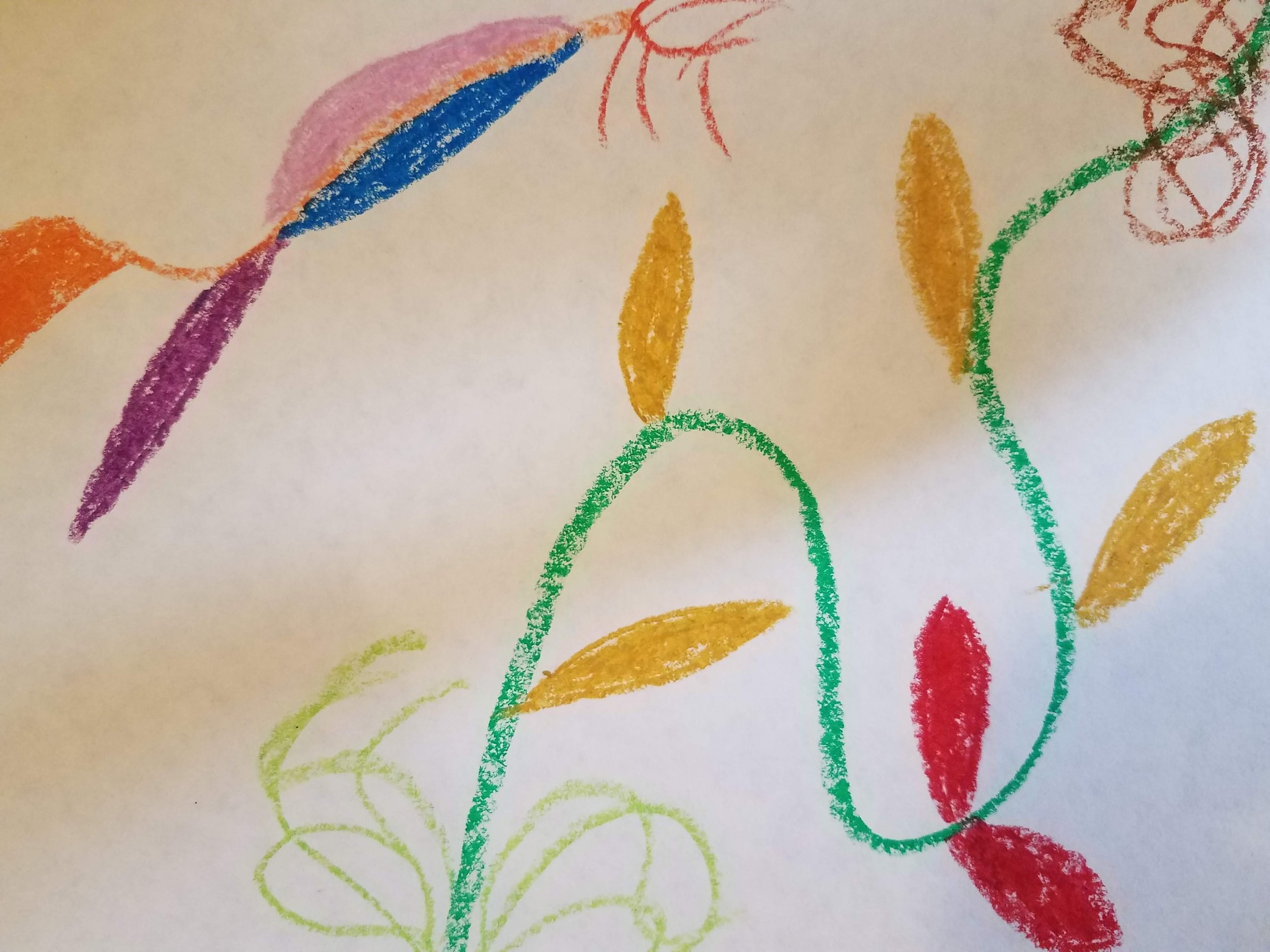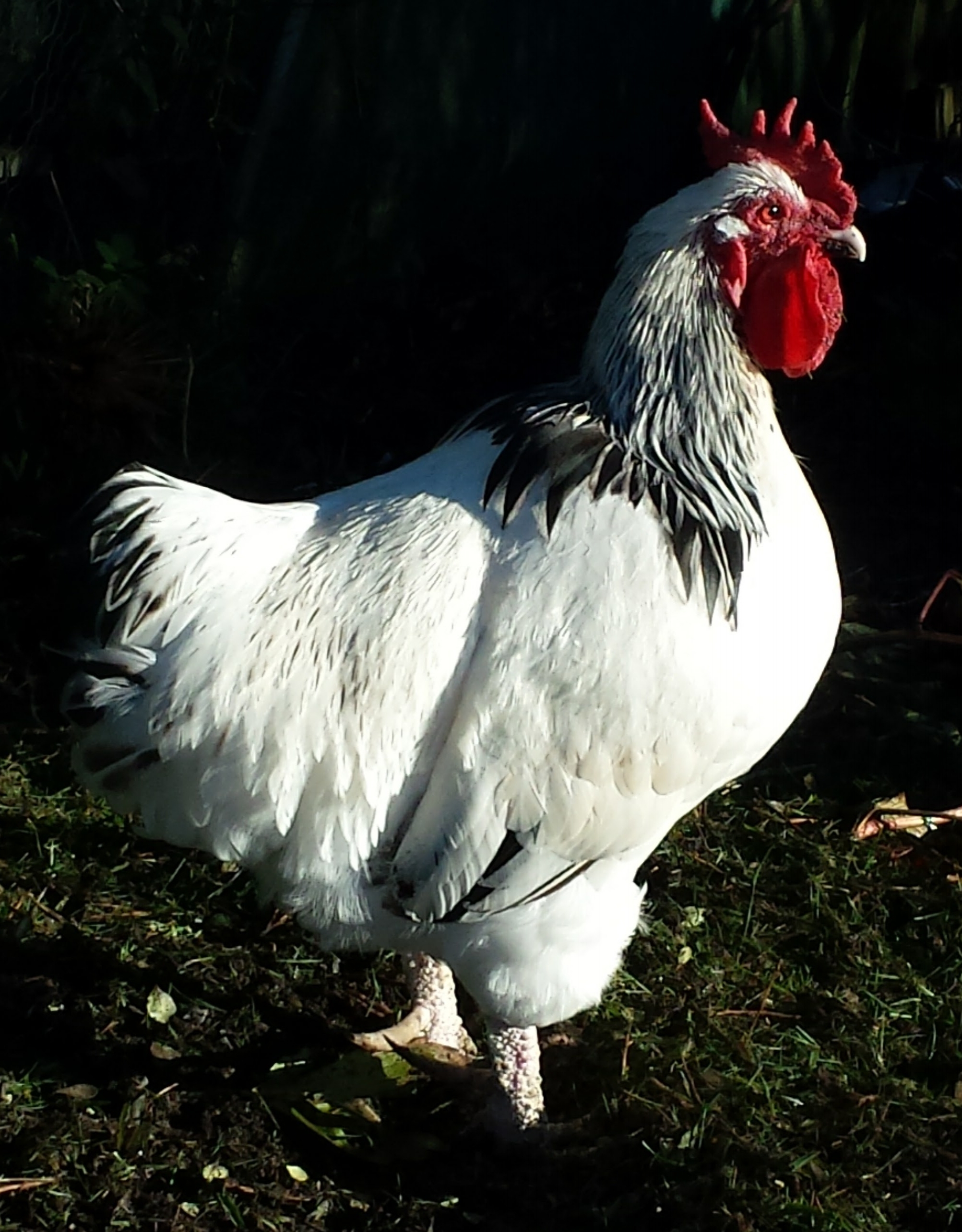My remarks at Society Hill Synagogue, Philadelphia, on Friday night, March 1, 2024, about Parsat Ki Tissa:
Shabbat Shalom.
It feels like an auspicious moment tonight, like we’re a little bit suspended in time. For starters, it’s Shabbat, which according to our tradition is already a day outside of regular time. It’s also the day after Leap Day, on the cusp between Black History and Women’s History Months, and just, just about to be on the edge of Spring – a little fulcrum of transition.
In Jewish time, this is also a leap year – right now, we are in an extra month of Adar, the time when Purim falls, when Jews are instructed to increase our joy. But increasing our joy can be hard to do sometimes, when all around us, it feels as if the world is increasing its pain.
There are things we can control, and things we can’t. During the week, we do the work we can to bring about the shifts we want to see. And when we stop to rest, in this extra little lip of time, it can sometimes feel like we’re waiting – for so many things.
Waiting is hard.
The Ancient Israelites are waiting with us this week. At the foot of a mountain, up which their leader, Moshe, has ascended … and disappeared. He told us to wait here for him. He told us he would bring back the word of YHVH, God. YHVH, this force that we can’t see with our eyes, hear with our ears, or touch with our hands, this force that Moshe has to climb a mountain to converse with … Moshe told us that it is in this God that we must place all of our faith. And now we can’t see Moshe either – he’s gone up the mountain, and we don’t know when, or if, he’ll return.
You know what happens next: The Israelites, having just left Egypt, don’t have any context whatsoever for trusting in a God they cannot see. Abandoned - or so they think - at the foot of the mountain, they grow restless and demand that Aaron, Moshe’s brother, create for them a new god to worship. Aaron obliges: He forges a Golden Calf out of their jewelry, and they immediately begin to worship it with song and dance.
Meanwhile, up on the mountain, God is giving over the Ten Commandments, again. Because as often happens in Torah, the story is doubled: Last month we got the live broadcast of the Ten Commandments, with the thunder and lightning, when every one of the Israelites heard the voice of God at the foot of Mt Sinai. And now, the book version is about to come out … on two stone tablets.
So Moshe is up on the mountain receiving this written version, authored by God. But God can see that something is afoot at the bottom of the mountain, and God says to Moshe, “Hurry down, for your people, whom you brought out of the land of Egypt, have acted basely.”
Wait a minute. God is saying that it’s MOSHE who brought MOSHE’s people out of the land of Egypt? This is unusual; how many times in the Torah are we reminded that it was God who brought us out with a mighty hand and an outstretched arm, that it was God who split the sea and freed us from slavery?
But now that the Israelites are misbehaving at the foot of the mountain, they’re suddenly all Moshe’s responsibility. Like when one parent says to the other, “YOUR child is acting up; YOU go deal with them.”
God takes it very personally that the Israelites are down there worshipping a Golden Calf, that they did not have enough faith to just hold on until Moshe came back down the mountain with God’s new book. So God’s first instinct is to abrogate responsibility for them -- God says they are Moshe’s people, and asks, not for the last time in the Torah, that Moshe get out of God’s way and let God destroy them right then and there.
And Moshe, not for the last time in the Torah, talks God down from God’s angry stance: “Let not Your anger blaze forth against YOUR people, whom YOU delivered from Egypt with great power and a mighty hand.” Moshe reminds God that God is invested here, and needs to take some responsibility for this situation; after all, these people just spent the past four hundred years enslaved. God brought them out – yes, to freedom, but also away from everything they knew; of course they’re acting weird! God must control God’s own anger at them, and continue to take responsibility for keeping them alive.
Moshe is persuasive. And God relents.
So Moshe is able to check God’s anger at the people. But then, when Moshe gets down the mountain and sees for himself the Calf and the dancing, Moshe takes it personally and loses his cool: He hurls the tablets down, shattering them. He submits the people to cruel punishment, grinding the Golden Calf into powder and making them drink it in their water.
At this point, the Etz Hayim commentary offers this: “[Scholar Samson Rafael] Hirsch asks why Moshe broke·the tablets in despair only when he saw the Israelites dancing around the Calf (v. 19)—and not earlier, when he [first] learned of their transgression (v. 8). Hirsh answers his own question: ‘When false conceptions of idolatry are rooted merely in the intellect, they can be eradicated by intellectual argument and instruction.’” I.e., we can be talked out of an idea. But, Etz Hayim continues: “When the attachment to wrongdoing reaches the emotional level … it becomes nearly impossible to talk people out of it.”
When issues are theoretical, our opinions are fungible. But when an issue gets personal and emotionally charged, it’s harder for us to stop and change course. This is true for the Israelites, fueled as they are by their visceral fear and sense of abandonment; and it’s true for Moshe, who, when confronted with their transgression up close, becomes consumed by his own fury and unleashes it on his people – completely contradicting the anger-management advice he gave God just minutes ago.
Moshe asks Aaron what happened. Now, a case could be made for Aaron: When the people had come to him agitated, afraid, and asking for a new god, perhaps Aaron thought it best to meet the people where they were, rather than fight them. Aaron is not a judge; he’s a peacemaker. Maybe he thought he’d allow them to run their paces, get it out of their system. Maybe he was afraid of what they’d do to him if he didn’t acquiesce.
All of which would be understandable, if Aaron could just admit afterwards to having made this decision and take responsibility for it. But, just as God tried earlier to evade responsibility, Aaron also evades accountability for his part in the Golden Calf: He tells Moshe that he simply hurled the people’s gold into the fire, and - wow! - this calf miraculously came out by itself!
But there is an even wider abandoning of accountability happening here that I want to look at for a minute. The story tells us at this point: “Vayar Moshe et ha’am ki farua’ - And Moshe saw that the people were “out of control.” (Because Aaron had let them become so.)
The word farua, ‘out of control,’ is translated a little differently by different Talmudic rabbis. Rashi says it means that the people were ‘uncovered,’ as in their shame and disgrace were revealed. Ibn Ezra and the Ramban say that farua means “broken loose, without restraint,” and they quote a verse from Proverbs 28 that says, “Where there is no vision, the people cast off restraint.”
So, we’ve established that when an action is rooted in - or gets attached to - emotion, it becomes much more difficult for people to change course. And we’ve also established that “[w]hen there is no vision, the people cast off restraint” – when there is pain but no guiding positive framework, people start to get out of control, to move out of the realm of accountability.
This is how war works. From a distance, we can see how mutually destructive it is to take the path of war. But the minute an attack or violation becomes personal, our emotions get involved, our defense mechanisms rise, and we become much less forgiving. We can see how each destructive action we take further engages emotions on the other side, making our opponent also less likely to back down. But if we are angry or threatened or frightened enough, we don’t care. Nuance goes out the window, we become more and more entrenched in the narrative of our own wounds, those wounds keep multiplying, and we just keep punching.
Moreover, when our leaders lack the ability to articulate a different solution, we are much, much more likely to enter the utterly destructive territory of “all bets are off:”
‘Where there is no vision, the people cast off restraint.’
Moshe was there to keep God in check when God’s anger threatened to destroy the Israelites. And God learns from Moshe to regulate Godself, to manage God’s own anger in order to avoid complete devastation.
But who is there to keep Moshe in check? Sadly, Moshe’s response to the affront of the Golden Calf doesn’t stop at making his people drink the golden powder of their idol; Moshe then initiates a bloody battle, in which he commands the Levites, his supporters, to commit mass slaughter – slaying their own children, siblings, neighbors, and kin in the name of YHVH.
Moshe’s anger was righteous, initially, and his assessment correct: He saw the real danger in a situation where people had become farua - out of control, unrestrained; he knew this was untenable. But rather than take the very good advice that he had just given God, the advice to move forward with wisdom and positive strategy rather than anger, Moshe allowed his own fury to take over, and he punished the people – without mercy, without restraint, without respect for life.
After the bloody battle is over, and three thousand people lie dead in their tents, one has to wonder how it might have gone differently if someone (or some ones) had been brave enough - had had the vision - to counsel Moshe as Moshe had counseled God – to channel Moshe’s best instincts by checking his worst.
On this Shabbat - this time out of time - here in our beloved shul in Philadelphia, we are afforded a little luxury: The opportunity to slow down, to remove ourselves from reaction, and allow Shabbat to be our check: our chance to breathe, to loosen our tightly-held stances; to reconsider, and to open our hearts to the possibility of a shift towards peace, towards balance. Even if it’s just a little shift inside ourselves tonight, this too can eventually broaden out into the world. Shabbat Shalom.









